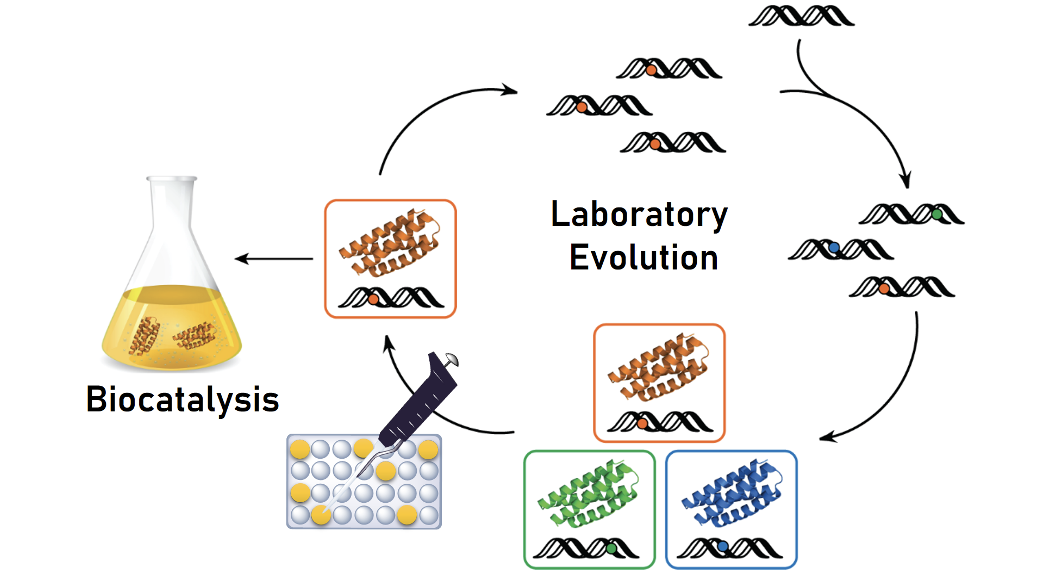Protein Biochemistry

Proteins are the structurally and functionally most diverse biomolecules. In our focus area of Protein Biochemistry, we investigate fundamental aspects of proteins by directly linking their structure, conformational dynamics, and biomolecular interactions to biological functions. To achieve this goal, we use a wide range of state-of-the-art analytical techniques that allow us to reach a new level of mechanistic insight into important cellular processes orchestrated by proteins. We use these findings to develop proteins for biotechnological applications and to contribute to the treatment of human diseases.
Our research topics span a wide range of biological systems, such as the processing and alternative splicing of pre-mRNA that defines the proteome of a cell, the life cycle and functionality of soluble and membrane proteins, the folding of polypeptide chains and their degradation by the proteasome and other proteases. This includes various aspects, such as the analysis of protein aggregation and misfolding as the basis of disease, the mechanism of protein and metabolite transport across membranes, the maintenance of protein homeostasis in the cell under physiologic and stress conditions, cellular signalling pathways, enzyme mechanisms including the design and directed evolution of novel enzymes, and the specific modulation of protein function by chemical compounds and rational engineering.
Together, this research portfolio enables a detailed understanding of the molecular basis of life. It allows to develop new strategies to target diseases associated with these processes and to design new therapeutic strategies.
Research groups involved: Buchner, Feige, Groll, Hagn, Reif, Sattler, Sieber, Zeymer